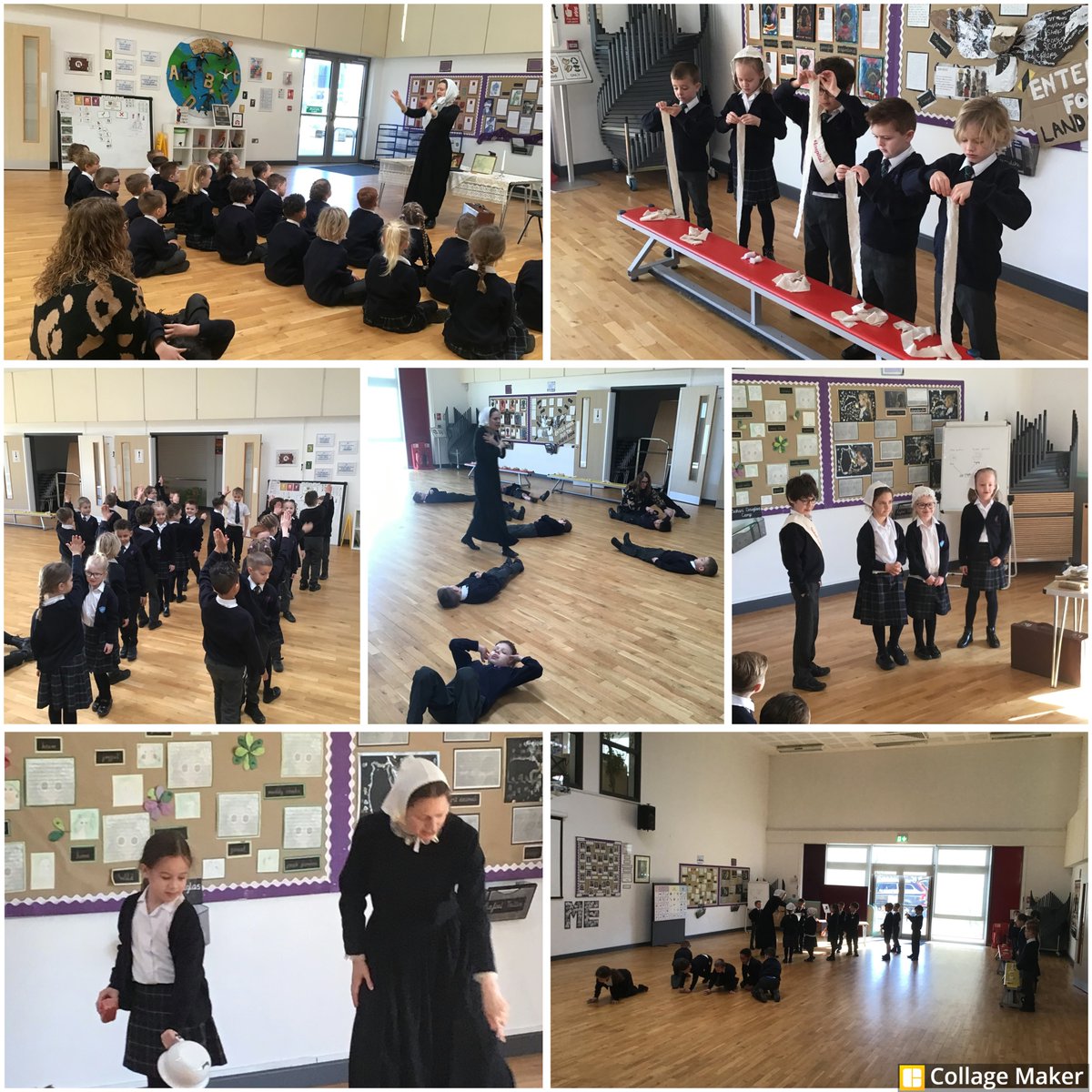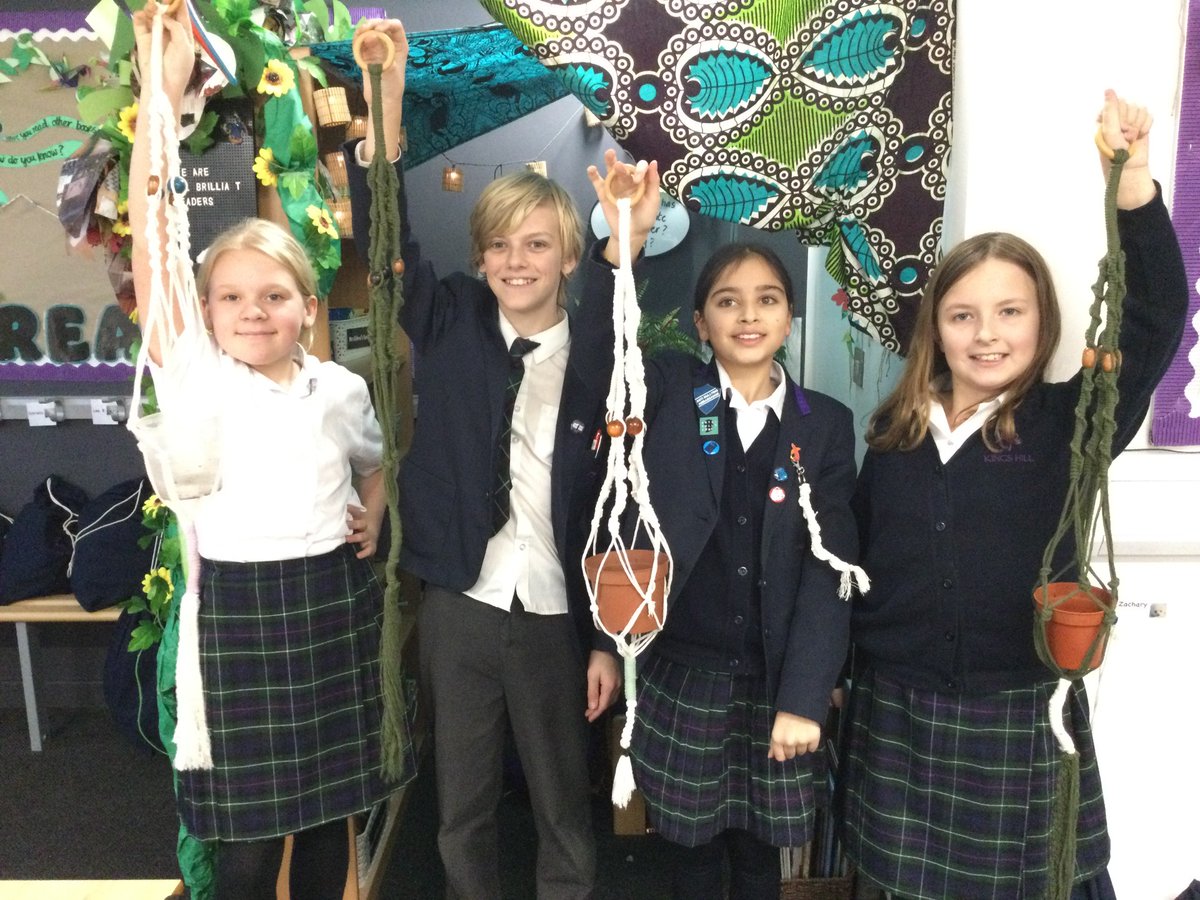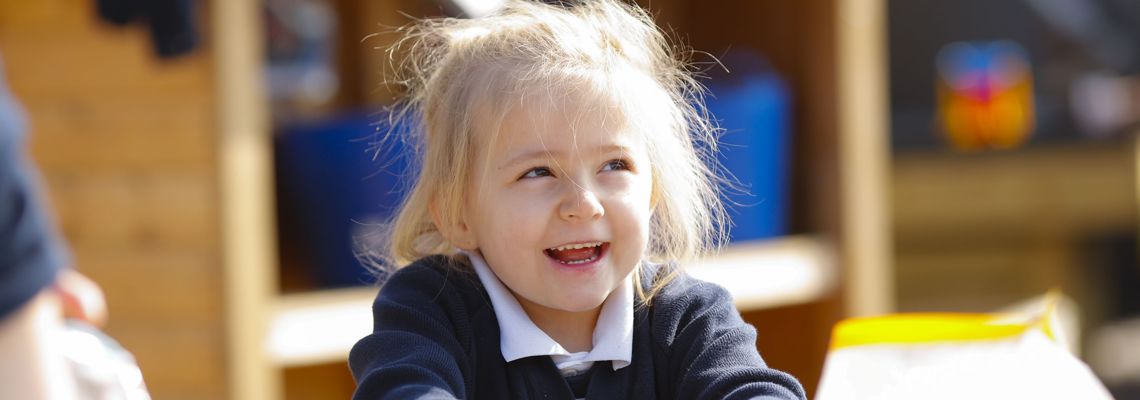Download our FREE smartphone app today!
Early Years Foundation Stage (EYFS)
Our Vision for Early Years
In Early Years at Valley Invicta Primary School at Kings Hill, we want parents and carers to feel secure in the knowledge that their child is well cared for and happy at school.
We want our children to be excited and motivated to learn through our rich and challenging learning experiences.
We have high expectations for all our children and recognise that everyone will have different starting points to their learning. We plan according to children’s interests and stage of development so all can thrive and develop.
We aim for children to be well-rounded individuals who are independent, resilient, and confident in themselves and with others, and be ready to flourish in Key Stage One (KS1) as they move on from Reception.
Settling into School
Children settle quickly into school at Kings Hill due to the care and attention spent in building trusting professional relationships with families and pre-schools alike.
In the summer term, teachers visit nurseries to spend time with the children in a familiar setting and find out more information from key workers.
Parents and children have the opportunity to visit school on several occasions, where they can meet the teachers and their new peers. The Parent Teacher Association (PTA) provide our new entrants with a fantastic ‘welcome learning pack’ which contains resources, activity ideas and information for the summer months targeted to support a successful start to school.
In September, the teaching team complete home visits to see the children in another familiar setting and for parents and teachers to have time to ask questions and share information. The children have a short gradual start to the term with part time hours in the first full week and then increase to full time hours by week 3.
Every day is well organised, structured and offers exciting opportunities for every child to learn, make links and apply their knowledge.
Regularly changing topics lead learning with high quality teaching securing basic skills. There is a carefully planned timetable of both adult and child lead learning allowing children to gather new skills and knowledge, then consolidate their understanding through play.
Our Early Years Learning Environment
We take pride in our classrooms, and the children learn to respect their outdoor and local community environment.
Teachers lead and encourage every child to explore, create and learn through exciting, stimulating, interactive and accessible resources, facilitating purposeful learning both inside and outdoors.
About the Early Years Foundation Stage
The EYFS is a very important stage in a child’s life as it helps prepare for school ‘readiness’ as well as preparing them for their future learning and successes. Children develop quickly; experiences before the age of five will have a major impact on their future life chances.
The EYFS framework explains how and what children will be learning to support their healthy development and provide the foundation children need to make the most of their abilities and talents as they grow up.
It specifies requirements for learning and development and for safeguarding children and promoting their welfare.
Children will learn skills, acquire new knowledge and demonstrate their understanding through 7 areas of learning and development.
Children should mostly develop the 3 prime areas first. These are:
- Communication and Language;
- Physical Development;
- Personal, Social and Emotional development.
These prime areas are those most essential for a child’s healthy development and underpin a child’s future learning.
These prime areas will help them to develop skills in four specific areas. These are:
- Literacy;
- Mathematics;
- Understanding the World;
- Expressive Arts and Design.
All 7 areas of learning are used to plan children’s learning and activities. The professionals teaching and supporting your child at school will make sure that the activities are suited to your child’s unique needs. It is designed to be responsive and flexible so that staff can follow your child's unique needs and interests. Opportunities to develop a number of skills and concepts across several areas of learning is also crucial.
Children in the EYFS learn by playing and exploring, being active, and through creative and critical thinking which takes place both indoors and outside. It is very important that they develop social skills, such as turn-taking, sharing and independence, which help them greatly in the next stages of their learning.
The guiding principles that shape our practice in the Early Years are that children are born ready, able and eager to learn. They actively reach out to interact with other people, and in the world around them. Development is not an automatic process, however. It depends on each unique child having opportunities to interact in positive relationships and enabling environments.
Phonics teaching and learning are a key part of the Foundation Stage and help to develop early reading and writing skills. We use a proven, systematic phonics programme called Read Write Inc. You can find about more about how we teach phonics here:
https://www.kingshill.viat.org.uk/2326/reading-scheme-read-write-inc-phonics
You can read more about Read, Write Inc. itself here:
https://home.oxfordowl.co.uk/reading/reading-schemes-oxford-levels/read-write-inc-phonics-guide/
Early Learning Goals
The EYFS curriculum consists of 17 aspects of learning and final Early Learning goals.
Children are assessed at the end of the EYFS (end of Reception year) against these Early Learning goals. From September 2021 onwards, each child’s level of development will be assessed against the Early Learning Goals (ELGs). Practitioners will indicate whether children are meeting expected levels of development:
- Emerging = not yet reaching expected levels of development for age;
- Expected = reached expected levels of development for age.
At Valley Invicta Primary School at Kings Hill, we provide our pupils with the opportunities to meet the Early Learning Goals in all these aspects.
Assessment plays an important part in helping parents, carers and practitioners to recognise children’s progress, understand their needs and to plan activities and support. Ongoing assessment is an integral part of the learning and development process. It involves practitioners observing children to understand their level of achievement, interests and learning styles. Then using this to shape learning experiences for each child reflecting observations made.
To this end, we make systematic observations and assessments of each child's achievements, interests and learning styles. We then use these observations and assessments to identify learning priorities and plan relevant and motivating learning experiences for each child.
At Valley Invicta Primary School at Kings Hill, we use Tapestry to capture assessment detail and track progress towards the Early Learning Goals. We further strengthen this with detailed Maths and Literacy commentary and recordings of children’s work within a variety of folders, books and floor books shared across the class.
Year 1 teachers will communicate closely with Reception teachers about each child’s skills and abilities in relation to the three key characteristics of effective learning. These will inform transition meetings to plan for learning needs and ensure all children can continue to flourish as they move into KS1.
To find out more about the EYFS framework please visit:
Early Years Curriculum at Kings Hill
To find out more about our curriculum at Valley Invicta Primary at Kings Hill, please visit: https://www.kingshill.viat.org.uk/2693/curriculum-sequence-rockets
Supporting Transition from Reception to Year 1
Click here for more information.
Find out more about EYFS by watching our video:

























